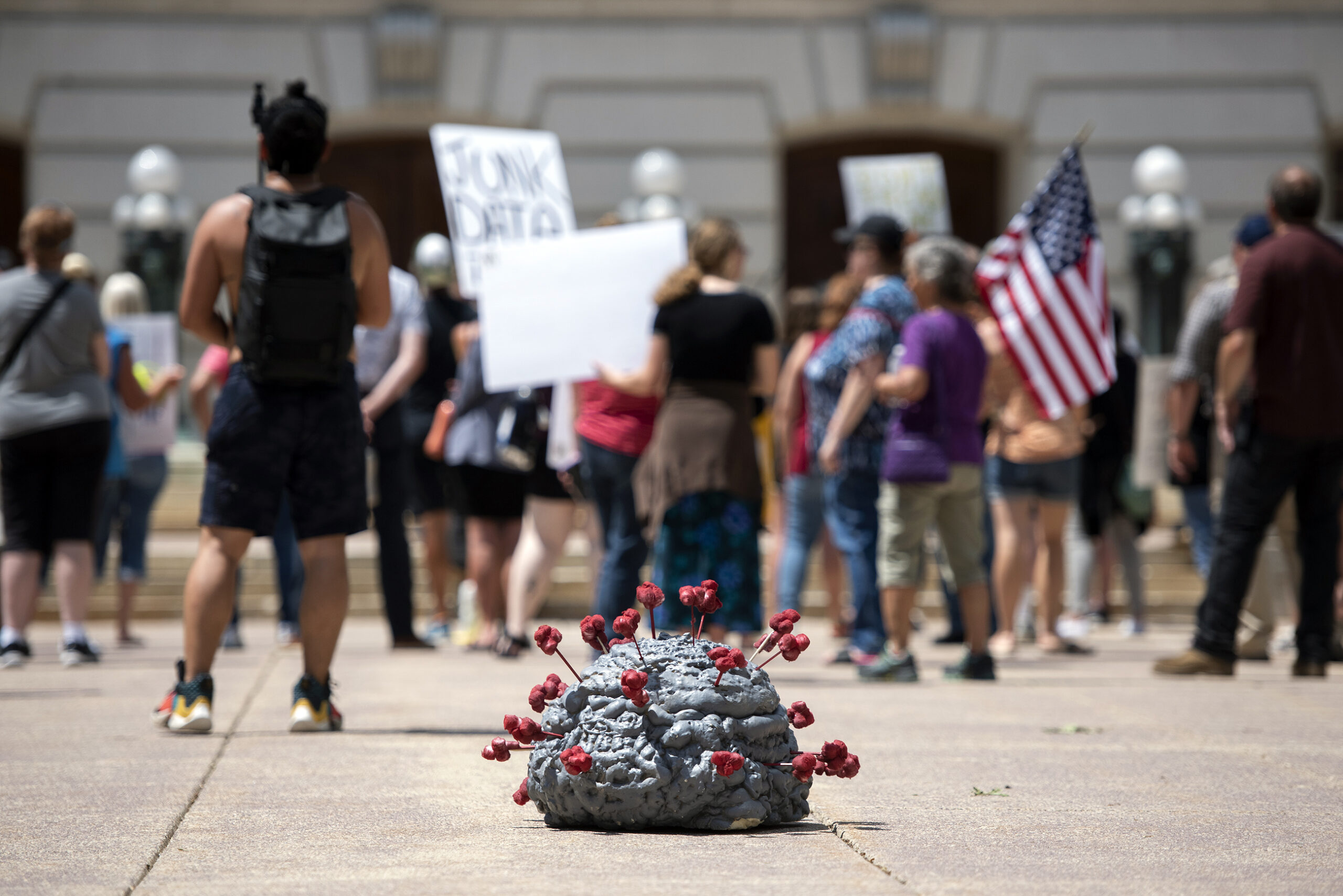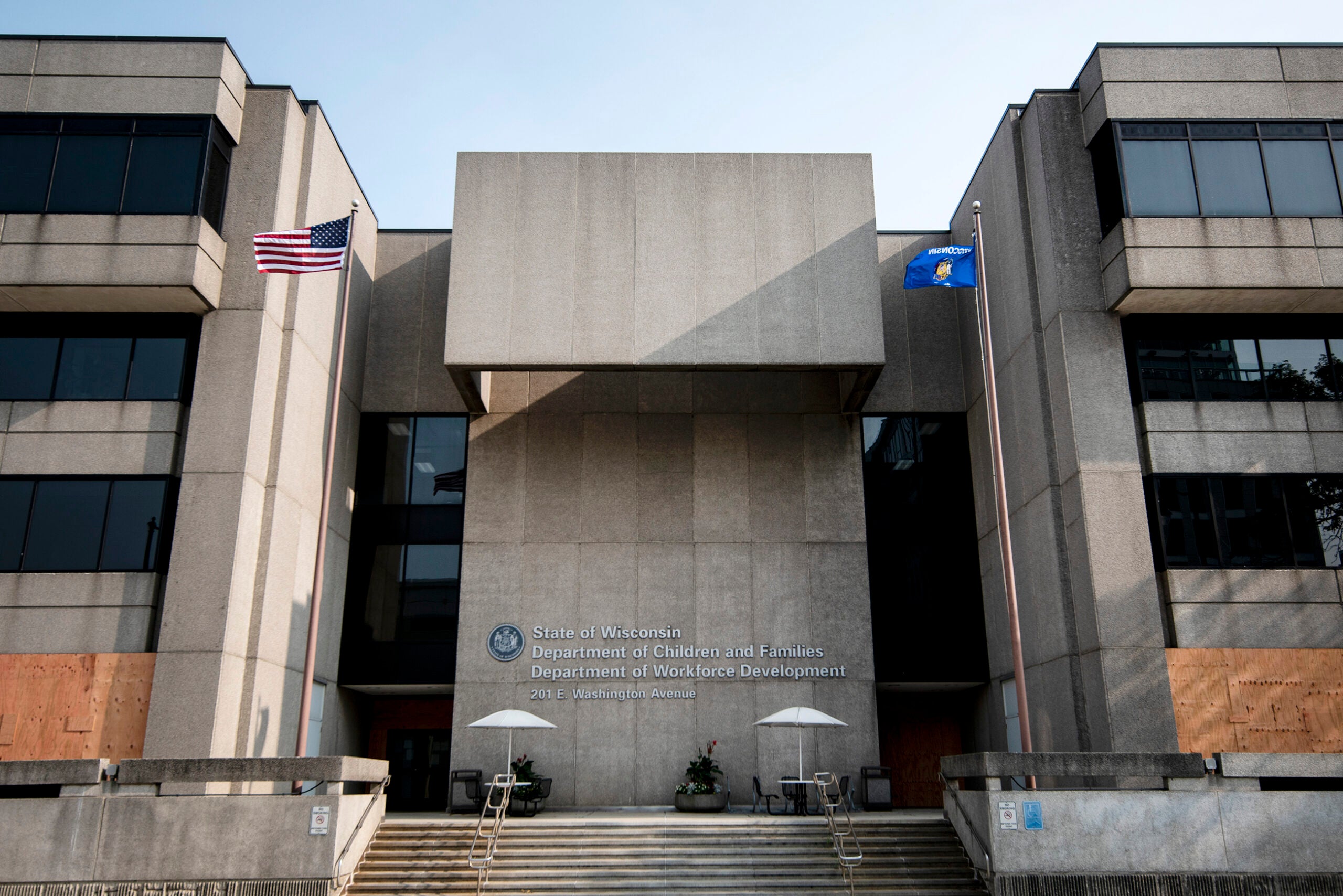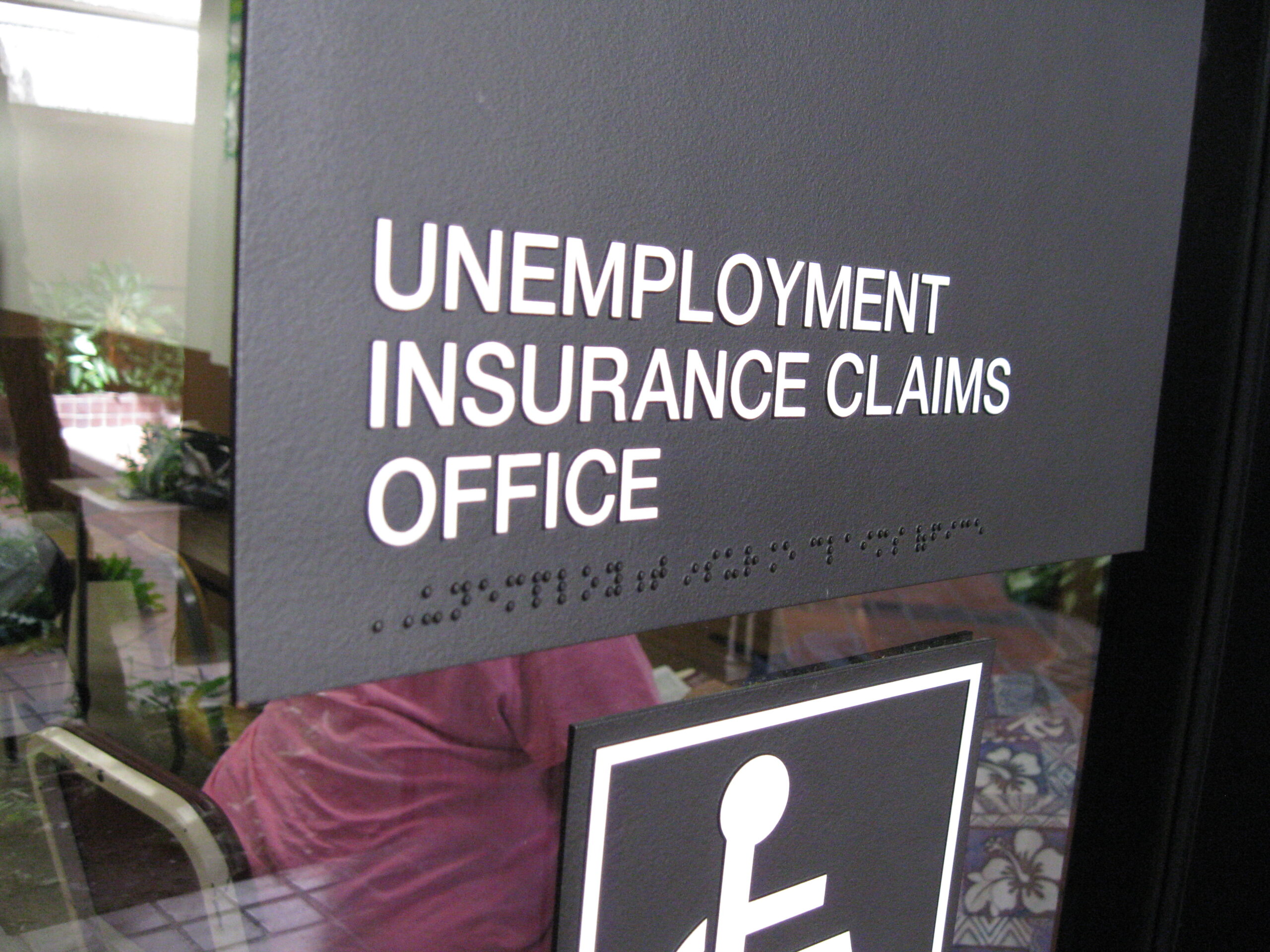A new report documents the journey to heroin addiction for 10 Wisconsin residents, gathering their stories through video, photos and audio. We talk with the reporter on the project. It’s the first time mixed doubles curling is an event of the Olympics and representing Team USA are two siblings from McFarland, Wisconsin. We hear more about the event and the siblings from our guest. We also take a look at the state of the economy in Wisconsin.
Featured in this Show
-
Wisconsin Curling Siblings Headed To Winter Olympics
A new sport is making its debut at the Winter Olympics this year: mixed doubles curling. It’s a lot like team curling, except it’s faster and only two people compete from each country.
Team USA is represented by siblings Matt and Becca Hamilton from McFarland, Wisconsin. Wisconsin Public Radio’s Maureen McCollum recently talked with them at the Madison Curling Club and they say their family bond is what drives their success.
-
'Hooked In Wisconsin' Shares Stories Of Heroin Addiction And Recovery
A new project shines a light on the stories of 10 Wisconsinites recovering from heroin addiction. Their experiences differ, but those interviewed all hope to humanize issues surrounding addiction. One of the reporters joins us to share some of the stories she heard and what she hopes readers will learn.
-
Project Calls Attention To Wisconsinites Recovering From Heroin Addiction
Addiction is often looked at in terms of numbers and statistics.
A project from USA Today Network-Wisconsin aims to adjust that lens.
“Hooked in Wisconsin: When Heroin Hits Home” tells the stories of 10 Wisconsinites recovering from heroin addiction. The project uses vignettes of their lives: words, videos and photos that try to paint a complete picture of who they are, and how their lives were impacted by addiction.
Those interviewed were generally enthusiastic to be a part of the project’s process, says Alexandra Wimley, a photographer and video storyteller for USA Today Network-Wisconsin who worked on the project.
“I think that really speaks to the fact that many of these people truly lost everything due to this one substance,” she said. “Their families, their lives, their jobs. And everyone has sort of expressed this interest to do anything they can so other people don’t end up in the same position, and sharing their stories is a big part of that.”
Wimley said many didn’t realize how bad their addiction was getting until it was too late.
One reporter interviewed Kyle Keding, from Wisconsin Rapids, who used heroin casually with his friends for about five years. He called himself a “functional addict.”
Then one night, after he and some friends got high, a friend died.
“At that point I knew I could not keep living my life the way I was living it, because that was gonna be me,” Keding said.
Wimley opiates were often the gateway to heroin for the people they interviewed, either in pill form or crushed and snorted. Many thought they’d never get addicted enough to inject heroin.
“It usually comes down to a price,” Wimley said. “People can’t afford these painkillers that they got addicted to, whether it be prescribing it because of a medical issue or just using them recreationally. And then they can’t find it, they can’t afford it, and heroin’s cheaper and it gets you that same high more quickly.”
Because these are real stories, there often was no perfect, happy conclusion to them, Wimley said. Many interviewed were able to find a way out of addiction by replacing it with another activity, be it a volleyball league, or social time with other recovering addicts.
All are at different stages in recovery, with one common thread.
“There’s always this thing, that there’s the possibility that you’re never fully recovered once you sort of know what this addiction feels like,” Wimley said. “You always sort of want to use. They know the effect it has on their lives, and that’s strong enough to keep them from going back, but it is something they have to maintain.”
-
Two Economists Weigh The State Of Wisconsin's Economy
In his State of the State address, Governor Scott Walker called the state of Wisconsin “historically strong,” pointing to a growing economy, low unemployment, rural economic development initiatives, and much more. But is the state’s economy as strong as Walker suggests? Two economists weigh in.
Episode Credits
- Judith Siers-Poisson Host
- Rob Ferrett Host
- Brad Kolberg Producer
- Karl Christenson Producer
- Dean Knetter Producer
- Chris Malina Producer
- Maureen McCollum Interviewer
- Becca Hamilton Guest
- Matt Hamilton Guest
- Alexandra Wimley Guest
- Noah Williams Guest
- Steven Deller Guest
Wisconsin Public Radio, © Copyright 2025, Board of Regents of the University of Wisconsin System and Wisconsin Educational Communications Board.




